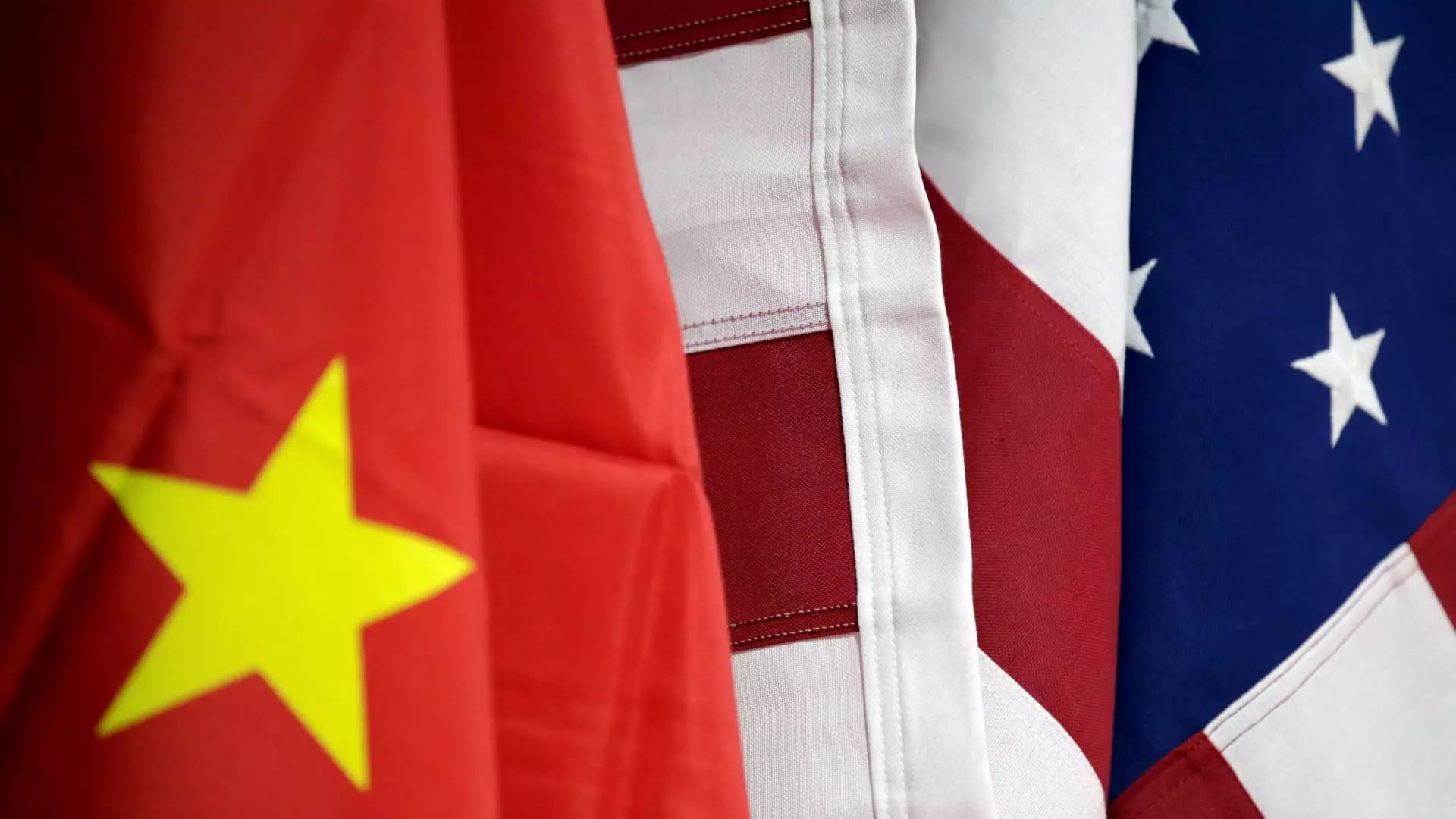JD Vance, the new running mate of U.S. presidential hopeful Donald Trump, recently delivered a speech at the Republican National Convention where he emphasized protecting the wages of American workers and preventing the Chinese Communist Party from exploiting American citizens. Vance’s stance reflects a growing concern about China’s economic growth and its impact on the U.S. economy. He called for the establishment of more factories in the U.S. and restrictions on foreign workers, but did not provide specific details on how these actions would be implemented.
China’s Economic Development
China has been actively focusing on developing advanced manufacturing sectors as part of its long-term economic goals. The ruling Communist Party of China has set a target to substantially increase the middle-income group within the country by the year 2035. Despite having a significantly larger population than the U.S., China’s per capita income remains lower. The middle-income group in China had a per capita disposable income of 32,195 yuan ($4,436) last year, which is lower than the national average of 39,218 yuan. In comparison, the U.S. has a much higher per capita income, with disposable income reaching $61,033 as of December.
The U.S. middle class has been experiencing challenges in recent years, with a decline in the percentage of Americans classified as middle class. In 2023, only 51% of Americans were considered middle class, down from 61% in 1971. This shift has led to a growing income disparity between the upper-income and lower-income segments of the population. Despite overall economic growth, the middle class in the U.S. has faced stagnating incomes and increased economic pressures.
Confronting China’s Economic Influence
Vance’s criticism of China extends beyond economic concerns to include blaming China for issues such as the fentanyl crisis and the decline of American manufacturing. China’s entry into the World Trade Organization in 2001 marked a significant shift in global supply chains, with many companies outsourcing manufacturing to China due to lower costs. Trump’s previous actions to raise tariffs on Chinese goods and his intentions to further increase tariffs if reelected underscore the U.S. government’s efforts to confront China’s economic influence.
In an interview with Fox News, Vance highlighted China as the primary concern for the U.S. rather than the ongoing conflict in Ukraine. This perspective reflects the growing recognition of China’s role as a global economic superpower and a potential threat to American interests. Vance’s emphasis on addressing China’s economic impact aligns with Trump’s policies and signals a continued focus on countering China’s influence in the global economy.
JD Vance’s hard line on China reflects broader concerns about the economic impact of China’s growth on the U.S. economy. His emphasis on protecting American workers and confronting China’s economic influence aligns with Trump’s policies and signals a shift towards more aggressive actions against China in the future. As tensions between the U.S. and China continue to rise, Vance’s stance underscores the need for a strategic approach to managing the economic relationship between the two countries.

